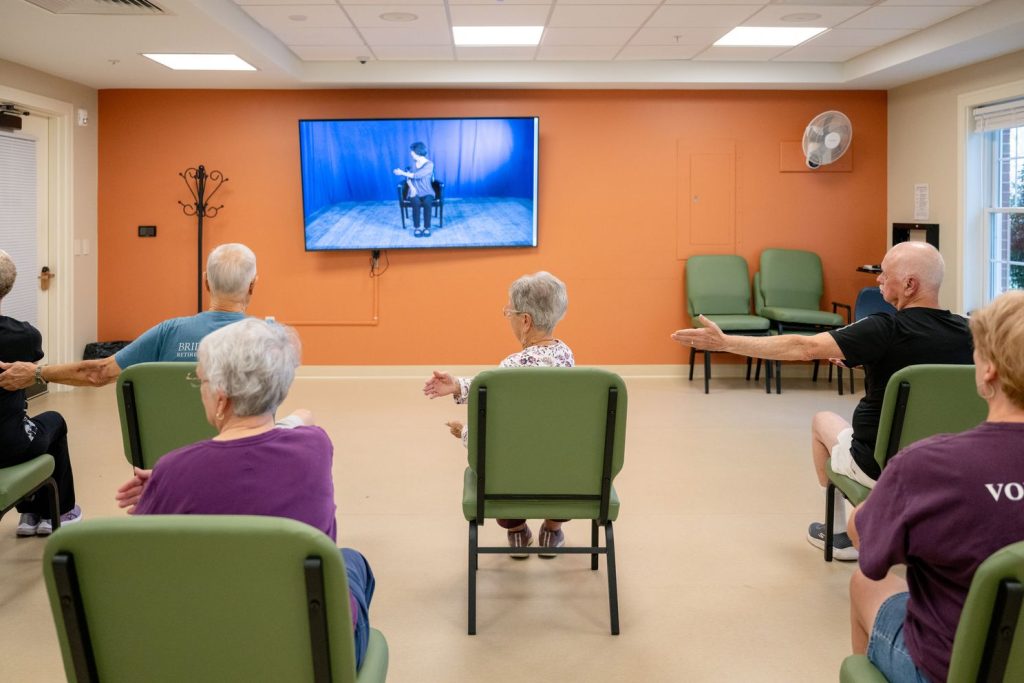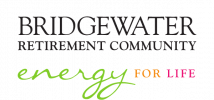Aging Gracefully: How to Meet Your Body’s Changing Needs
Aging brings a variety of changes to our bodies, but with thoughtful care and consistent effort, it’s possible to age gracefully while maintaining strength, mobility, and cognitive function. By adopting targeted exercise routines, balanced nutrition, and preventive health strategies, older adults can enhance their quality of life and thrive in their later years.
Exercise: A Balanced Approach
Cardiovascular exercise is essential for heart health, but strength training is equally important to maintain healthy bones and prevent muscle loss. According to the National Institutes of Health (NIH), muscle mass decreases approximately 3-8% per decade after the age of 30, with an even sharper decline after 60. This loss of muscle can impact mobility, function, and overall health.
Incorporating both cardio and strength exercises doesn’t require a gym membership. Older adults can benefit from brief, accessible workouts. For example:
- Lift small weights during TV commercials: Keep hand weights nearby and use them during breaks in your favorite show.
- Walking with purpose: A brisk 5-10 minute walk counts as cardio.
- Mindful breathing and stretching: When waiting at the doctor’s office, take a few moments to practice deep breathing or seated stretches.
Shorter, more frequent bursts of activity can be just as effective as longer sessions, and they’re easier to integrate into a daily routine.
Nutrition: Fueling a Healthy Body and Mind
Don’t leave anyone important out of the conversation. Be sure to always include your spouse, relevant family members, and trusted advisors when discussing your options. They can provide valuable input and support as you explore the various options. It’s important to have a team of people you trust to help you make this decision.
Keep an open mind
Dietary needs also shift as we age. Many of today’s older adults were shaped by past trends emphasizing low-fat diets. However, science now shows the importance of including healthy fats, like those found in avocados, nuts, and olive oil, for maintaining brain and heart health.
The MIND diet—a blend of the Mediterranean and DASH diets—focuses on whole grains, lean proteins, and high-antioxidant foods, which may help reduce the risk of Alzheimer’s disease. Dietitian Jessica Shickel, who works with residents at Bridgewater Retirement Community (BRC), stresses the importance of personalized nutrition plans. She notes, “In independent living, we focus on wellness and prevention. In nursing care, it’s about maintaining quality and meeting immediate needs.”
Understanding Nutrient Needs by Age (Source: AARP, “9 Essential Nutrients You Need More of As You Age“):
- In Your 50s: Protein intake remains vital to preserve muscle mass. The Recommended Dietary Allowance (RDA) suggests 0.8 grams per kilogram of body weight, but some experts recommend closer to 1-1.2 grams per kilogram to prevent muscle loss. Calcium and Vitamin D are also crucial at this stage to maintain bone density.
- In Your 60s: The body’s ability to absorb Vitamin B12 declines, making fortified foods or supplements a good option. Magnesium supports nerve and muscle function, while Omega-3 fatty acids help reduce inflammation and support brain health.
- In Your 70s and Beyond: Hydration becomes increasingly important as the sensation of thirst diminishes with age. Fiber intake should be prioritized to support digestion, and adequate potassium can help regulate blood pressure and prevent muscle cramps.

Rethinking Weight and Wellness
One common misconception among older adults is the need to lose weight. However, weight is simply a number and not a definitive marker of health. Losing weight without a medical need can lead to loss of muscle mass, which in turn impacts mobility and function.
Jessica notes that conversations with residents about nutrition often focus on maintaining function and preventing decline. Whether someone is in Independent Living, Assisted Living, or Nursing care, the goal is to optimize quality of life through tailored nutritional and wellness strategies.
Preventative Health Is Key
Regular check-ups and screenings become even more critical as we age. Annual physicals, cholesterol and diabetes screenings, and cardiac and dermatology exams play a vital role in catching issues early. Staying proactive about health extends beyond the doctor’s office, with technology like smartwatches providing valuable data on heart rate, steps, and even fall detection.
Cognitive Health: Keep Learning, Keep Growing
Cognitive fitness is another cornerstone of healthy aging. Lifelong learning keeps the brain active and resilient. Activities like brain games, reading, and engaging in stimulating conversations can help stave off cognitive decline. Jessica encourages seniors to “use their minds in valuable ways—whether learning something new or tackling a challenging task.”
Small Changes, Big Impact
When it comes to health and nutrition, small, sustainable changes are more effective than drastic overhauls. For instance:
- Cook and share meals: Cooking for one can be challenging but swapping portions with a friend adds variety and accountability.
- Include family and friends: Make health goals a group effort, whether it’s walking together or attending checkups as accountability partners. This year’s National Nutrition Month theme, “Food Connects Us,” highlights the value of shared experiences around health and wellness.
Advocating for Your Health
It’s vital to advocate for your own health by asking questions and seeking professional advice. Dietitians and patient educators can provide personalized guidance, often covered by insurance. Reliable resources, such as the National Institute on Aging, offer valuable tools and information for older adults.
Aging is a journey, and with the right tools, support, and mindset, it can be a fulfilling and vibrant stage of life.
Information contributed by: BRC Dietitian, Jessica Shickel and BRC Vice President of Well-Being, Laura Spicer, MSEd, RD

